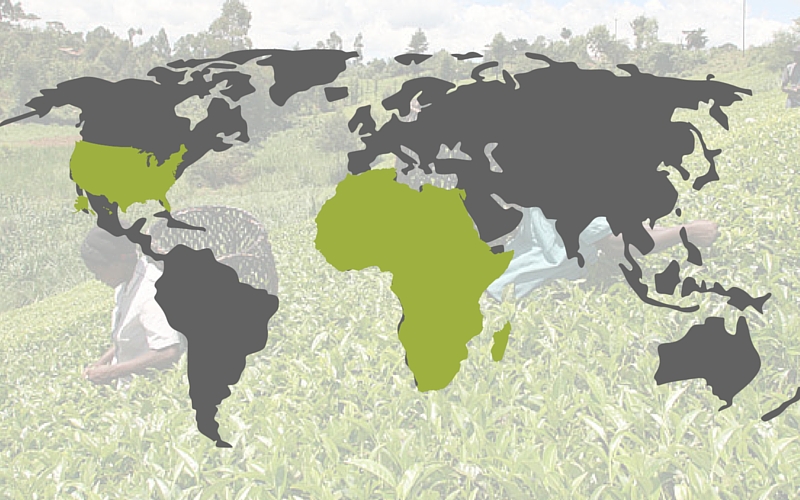
Land Policy & Wealth Disparity in Africa & America #BlackWealthMatters
Ownership is the basis of capitalism so when the African-Americans slaves were freed from slavery part of their reparations were to be 40 acres of land and mule. These were essential to enable the former slaves to become self-reliant and build wealth. Land is the universal language of wealth in every continent on the earth. In an Agrarian society which the United States was in 1865 when the emancipation proclamation was signed it was essential that the former slaves be able to grow their own crops, to feed themselves and then be able to sell their produce on the market to create wealth.
The Homestead Act of 1962, passed by the United States Federal government gave 160 acres of federal land to Euro-Americans in order to encourage immigration to the American Mid-West. The only stipulation that the person had to be of 21 years old, be a Euro-American and farm the unchartered land for 5 years and then they would be given this land free and clear by the US Federal government. This was affirmative action for European Americans in that it is a contributing factor to the black-white wealth disparity that persists to this day.
In sub-Saharan Africa, the British claimed that they signed treaties with the local people which gave them access to the land. However, most treaties cannot be validated. The indigenous people neither spoke nor read English so it is questionable how they were able to ratify the treaties. After all their signatures were said to have been represented by an X which many historians now believe were forgeries by the agents of British Africa Companies in Kenya, Malawi, Zambia, Zimbabwe, South Africa and so forth who sought to justify the illegal land seizure.
The British introduced the hut tax in their colonies. In Kenya they introduced it in 1902 and then implemented it in other African countries. A certain amount of taxes was to be paid to the government for each hut a family owned. This meant that native Africans had to earn money which could only be achieved by working for colonialists who could pay those wages. The punishment for not paying hut tax was a fine and which when not paid led to forced labor, thereby providing the British settlers with the cheap labor they were searching for. The colonial British governments passed land bills that gave the white British settlers 999 year leases on the land and effectively created a monopoly on land use.
Later, in 1919, British settlers introduced the Kipande system in Kenya that required all Kenyan men to wear identity discs. The Africans were not compensated when their land was taken. All public land was owned by the British East Africa Company and hence by the British crown. All unoccupied land was given to European settlers who moved into the region.
These are some of the underlying reasons why Africans do not hold wealth even in Africa. Most African economies are still agrarian in nature and fertile land is essential to move economies into becoming competitive on the global market. Government policy created these disparities and therefore government policies are required to redress the land situation so that Africans can own land and create wealth.




1 Comment
by Samson
These are some interesting points. When will black people overcome?
Comments are closed.